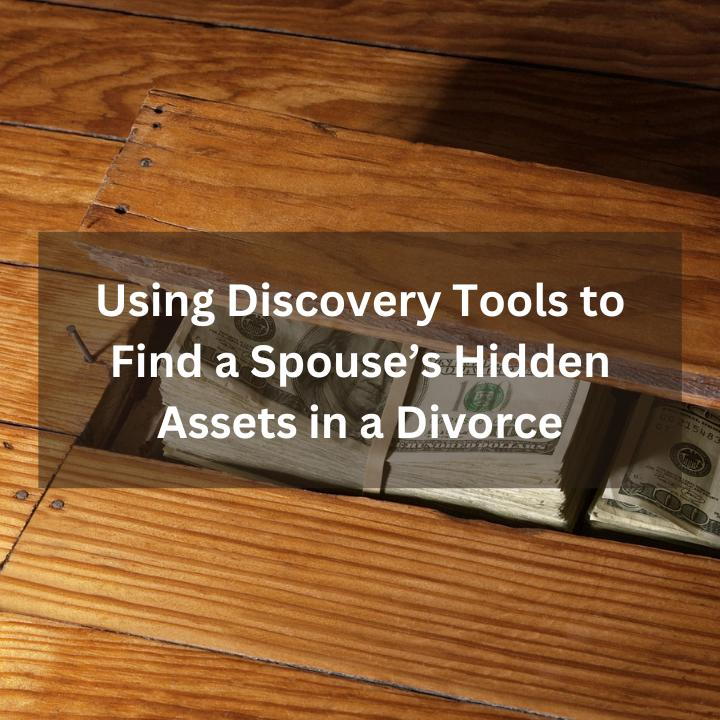
Using Discovery Tools to Find a Spouse’s Hidden Assets in a Divorce
- posted: Dec. 08, 2023
- Divorce
Under Arizona’s community property law, all assets acquired by either spouse during a marriage are subject to equal division in a divorce. Some spouses seek to avoid that result by keeping certain assets secret, such as by setting up private accounts, investments or deposit boxes or by transferring assets to third parties. This violates the duty to fully disclose their financial interests to their spouse and to the court. If you’re getting divorced and you believe your spouse may be hiding property, you and your attorney have tools at your disposal to get at the truth.
Discovery is the phase of a divorce in which the parties can request information from each other that is relevant to the merits of the case. The following are the main discovery tools available:
- Uniform interrogatories — These are standardized questions that a party must answer under oath. They encompass a range of topics, including queries about income, expenses, investments, debts and assets. Interrogatories provide a starting point for uncovering any financial discrepancies that may exist.
- Requests for production — These compel your spouse to disclose financial documents, such as tax returns for recent years, pay documentation, social security statements, banking records, online account statements and any other financial records that might help uncover concealed assets.
- Inspection Demands — In some cases, it might be necessary to inspect physical property, such as safety deposit boxes or valuable assets like antiques. An inspection demand allows you to gain access to the locations of these properties.
- Subpoenas — These are official requests, backed by the authority of the court, that require a person or company to produce information or documents. You can subpoena banks where you suspect your spouse may have accounts. You can also subpoena custodians of other types of property.
Uncovering hidden assets during a divorce can be a complex and time-consuming process. Consulting with an experienced family law attorney can be invaluable in using these discovery tools effectively.
Once hidden assets are found, they will be included in the total property divided in the divorce. You may also be entitled to compensation for the additional costs you incurred in searching for these assets. If hidden assets are not discovered until after the divorce is final, you can ask the court to grant a modification of your divorce decree to award you a share of them.
At Clark & Schloss Family Law, P.C. in Scottsdale, Arizona, our legal team helps divorcing clients locate and recover hidden assets. To schedule a consultation with our firm, call 602-789-3497 or contact us online.



